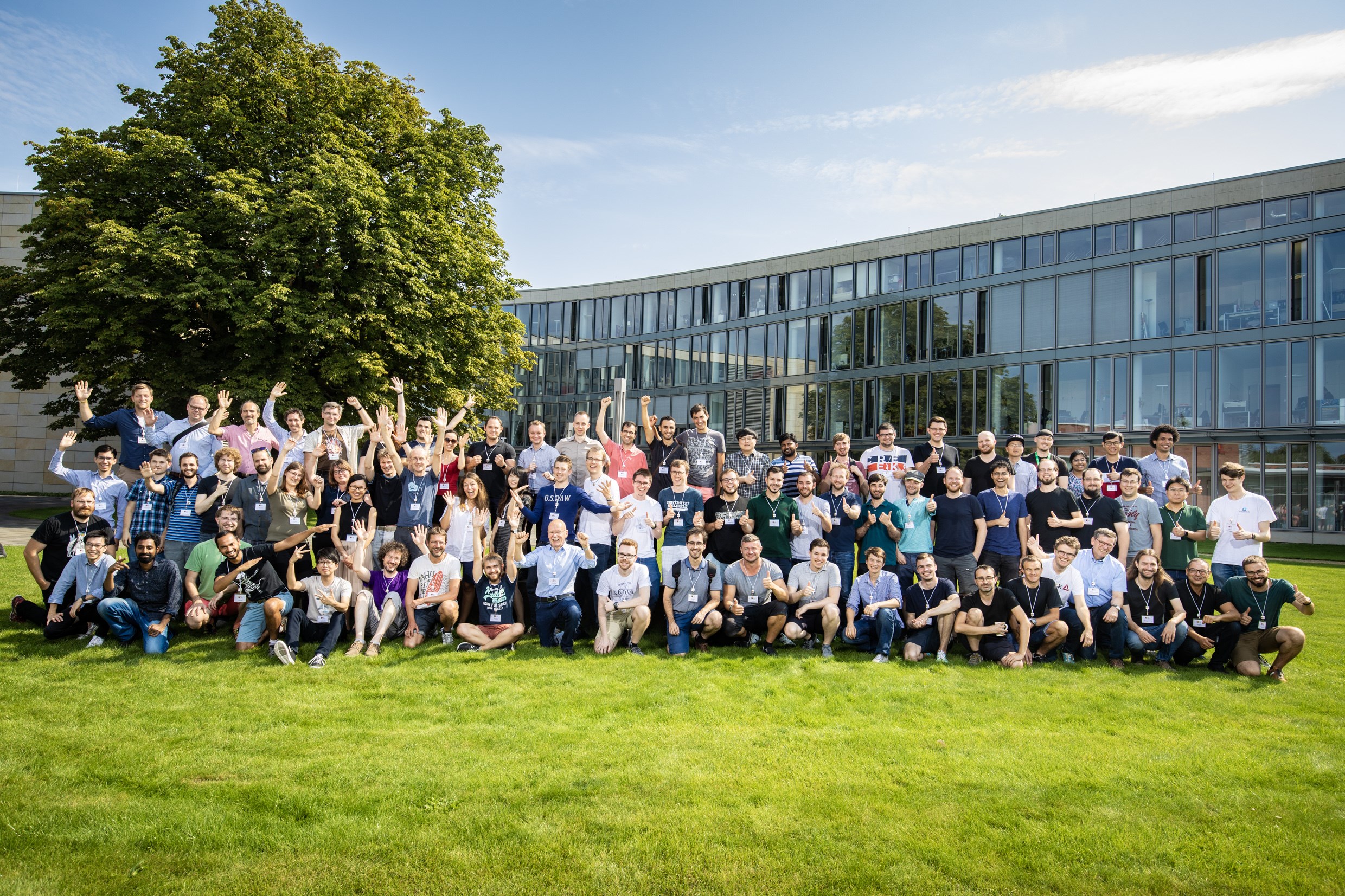
© Kay Herschelmann
The FOGA workshop series aims at advancing our understanding of the working principles behind evolutionary algorithms and related randomized search heuristics, such as local search algorithms, differential evolution, ant colony optimization, particle swarm optimization, artificial immune systems, simulated annealing, and other Monte Carlo methods for search and optimization. Connections to related areas, such as Bayesian optimization and direct search, are of interest as well.
FOGA is the premier event to discuss advances on the theoretical foundations of these algorithms, tools needed to analyze them, and different aspects of comparing algorithms’ performance. Topics of interest include, but are not limited to:
- Run time analysis
- Mathematical tools suitable for the analysis of search heuristics
- Fitness landscapes and problem difficulty
- (On- and offline) configuration and selection of algorithms, heuristics, operators, and parameters
- Stochastic and dynamic environments, noisy evaluations
- Constrained optimization
- Problem representation
- Complexity theory for search heuristics
- Multi-objective optimization
- Benchmarking aspects, including performance measures, the selection of meaningful benchmark problems, and statistical aspects
- Connection between black-box optimization and machine learning
Submissions covering the entire spectrum of work, ranging from rigorously derived mathematical results to carefully crafted empirical studies, are invited.
This year FOGA will be co-located with the seventh Configuration and Selection of Algorithms (COSEAL) Workshop, organized by Holger Hoos and Marius Lindauer. COSEAL is a workshop series for discussing the most recent advances in the automated configuration and selection of algorithms.
Supported by 